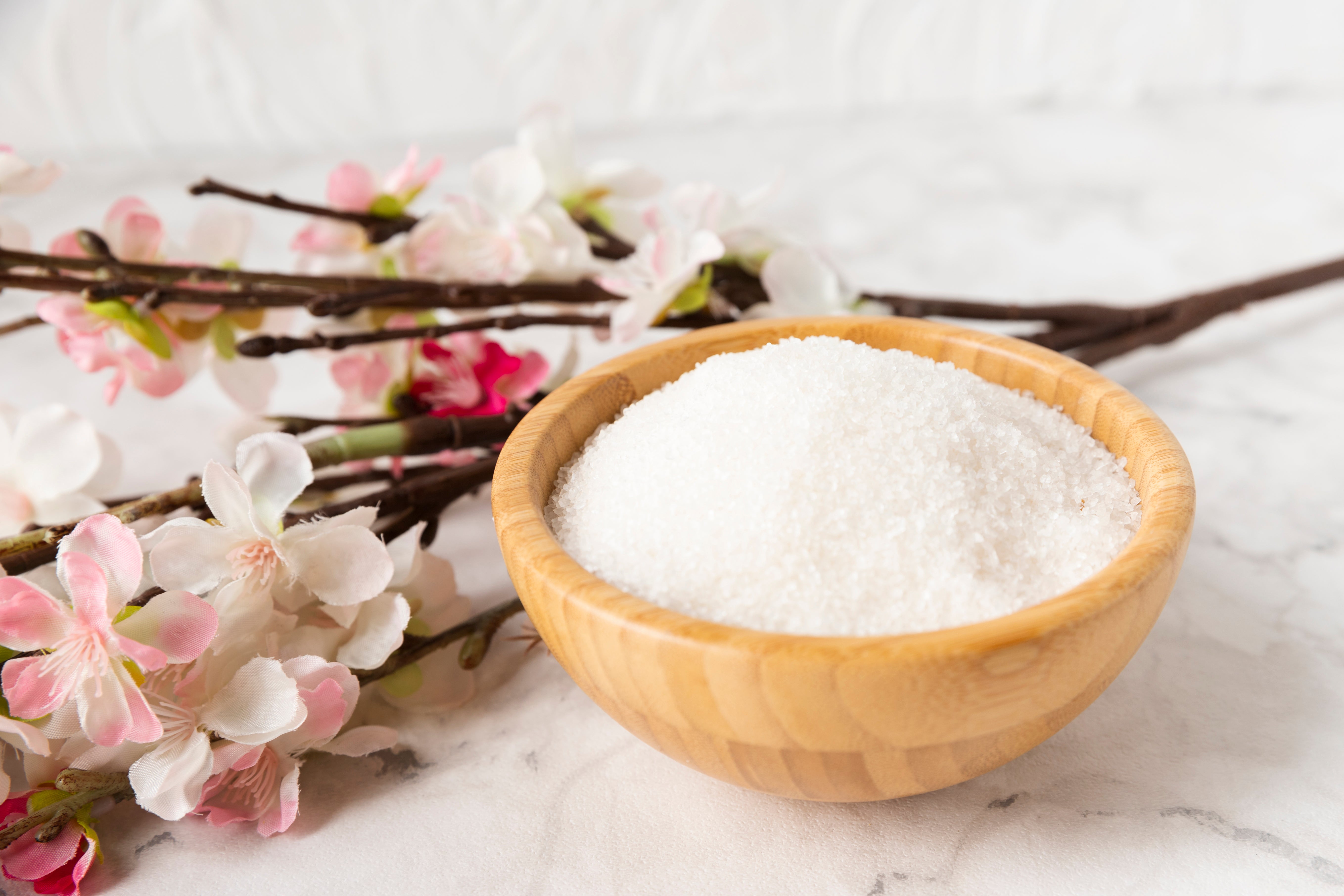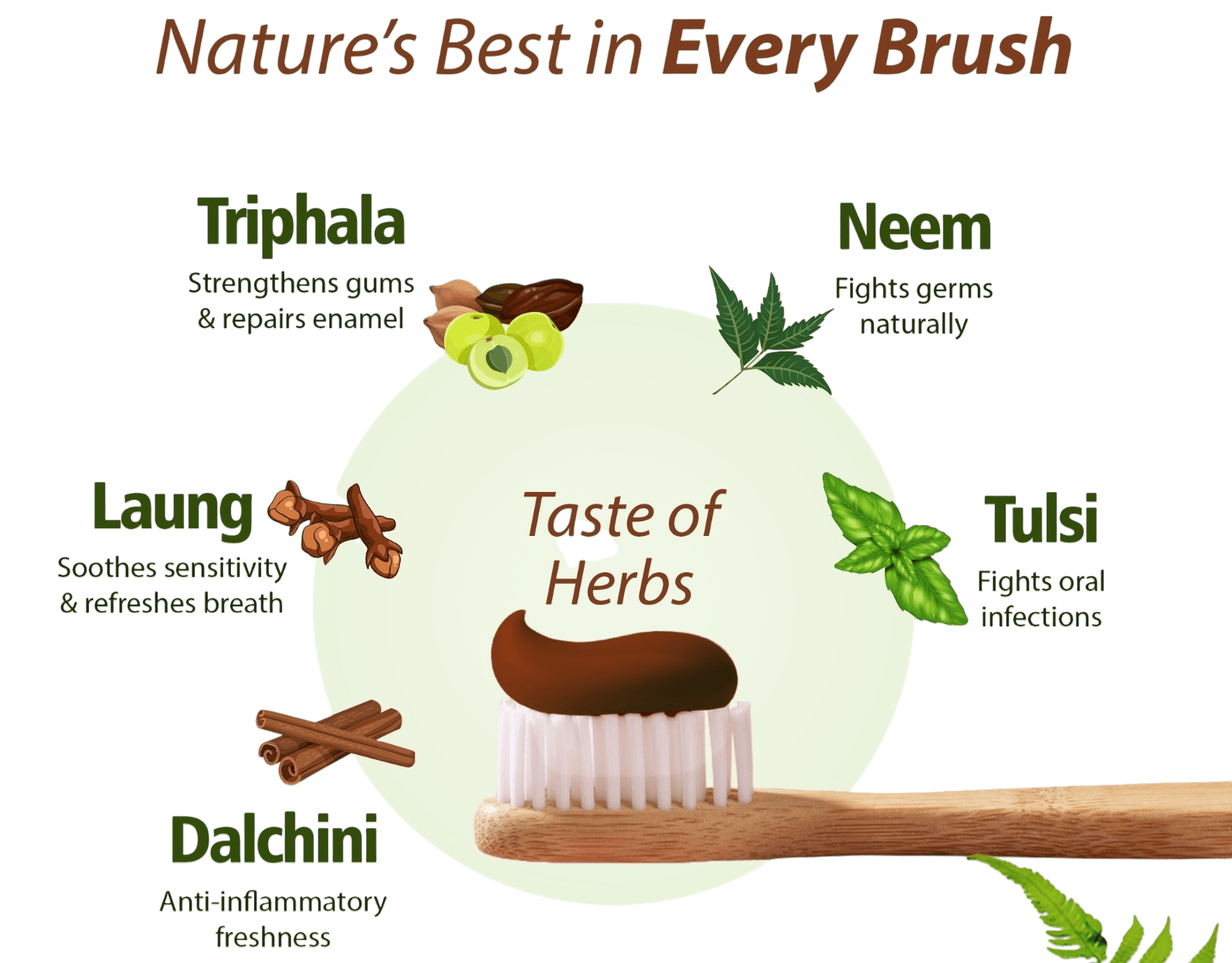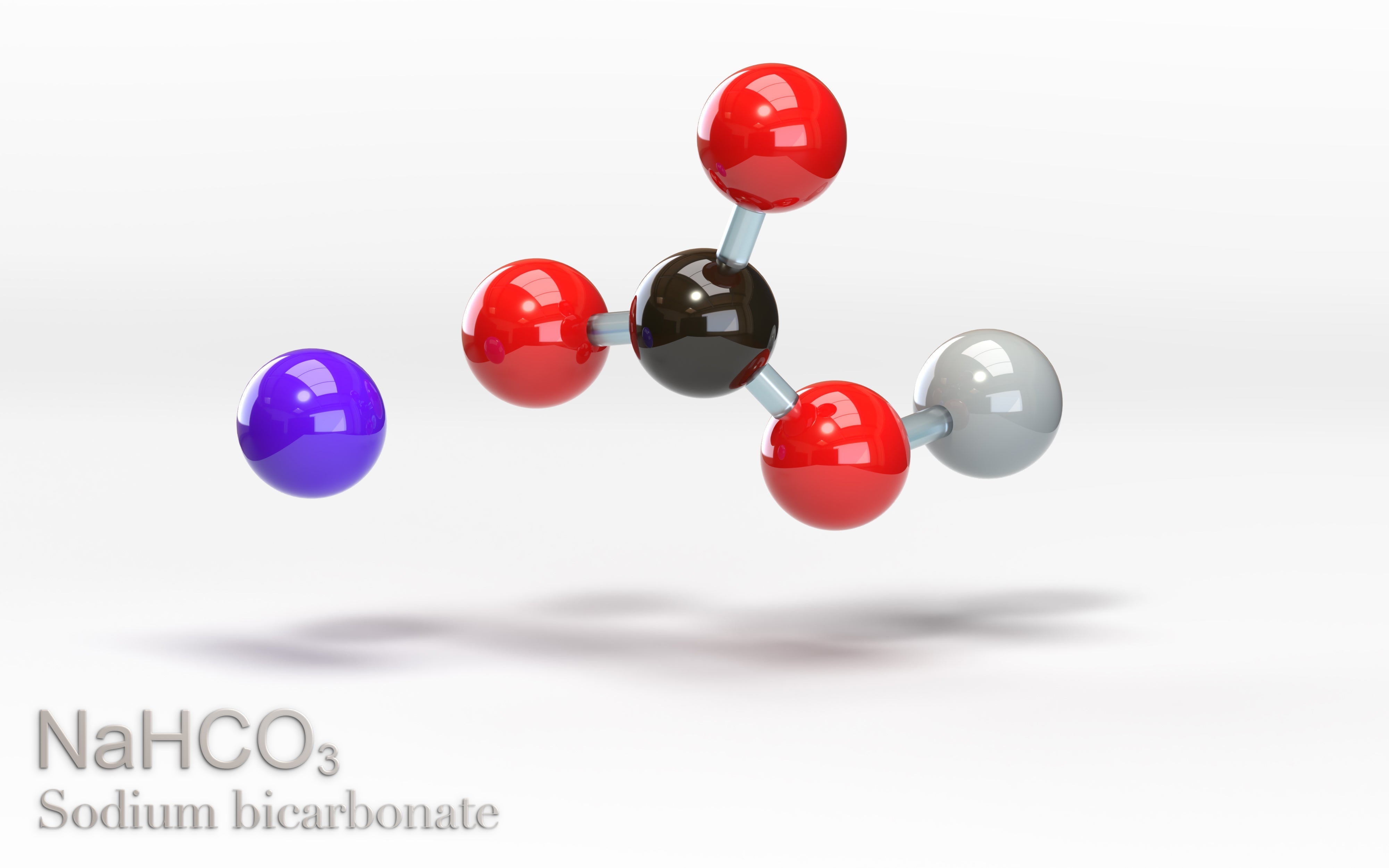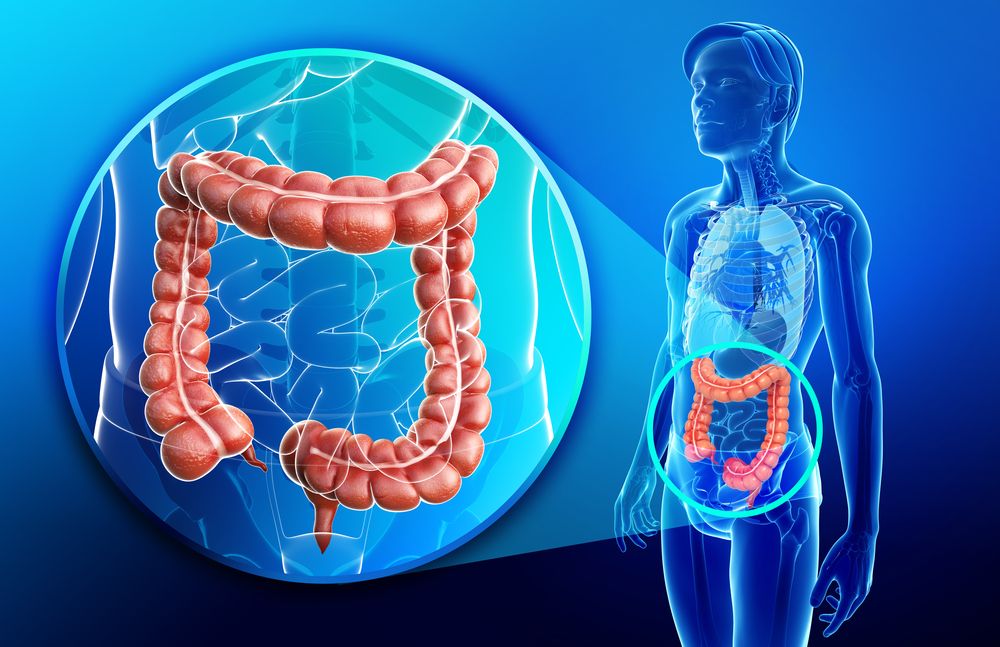What if one common ingredient in your toothpaste could affect oral comfort and sensitivity? Sodium lauryl sulfate (SLS) is in nearly every foam-rich oral-care product. This guide covers the sodium lauryl sulfate (SLS) definition, how SLS is made, its benefits, risks, and practical alternatives like SLS-free toothpaste, so you can choose what’s best for your mouth.
What Is Sodium Lauryl Sulfate?
So, what is sodium lauryl sulfate? SLS is a surfactant — a molecule that lowers surface tension between liquids, helping water mix with oils, debris, and food particles. Simply put, SLS makes your toothpaste foam and helps clean teeth.
�� Did You Know?
If you search sodium lauryl sulfate (SLS) definition, it’s described as a foaming and cleansing agent widely used in personal care for its efficiency and affordability.
How Is SLS Made?
A common question is how is SLS made. In simple terms, SLS is made by treating coconut or palm oil derivatives with sulfur compounds, which turn them into a foaming cleanser. That’s why you’ll find it not only in toothpaste but also in shampoos, soaps, and cosmetics.
Why SLS Is Used in Toothpaste
Instead of saying “SLS in toothpaste works as an SLS foam agent in toothpaste,” we can simplify:
SLS helps toothpaste foam and lift particles, making brushing feel thorough. It also spreads toothpaste evenly, letting fluoride and abrasives reach all tooth surfaces.
�� Tip: Foam feels satisfying, but studies show that SLS mainly helps mechanical cleaning; proper brushing technique and fluoride content matter more for cavity prevention (Journal of Clinical Dentistry, 2005).
�� Quick Fact:
· SLS contributes to foam efficiency, which can enhance the perception of cleanliness during brushing, but it doesn’t replace good technique.
· Foaming improves toothpaste spread, though cleaning power still depends mostly on fluoride and brushing technique (ADA, 2020).
The Downside: SLS Mouth Sore Risk & Irritation
Some people, especially sensitive users, experience SLS mouth irritation or SLS stomatitis irritation sensitive users. SLS can sometimes weaken the natural protective layer in your mouth, leaving tissues prone to irritation and recurrent canker sores.
Evidence:
· A 2005 study in the Journal of Clinical Dentistry found SLS-containing toothpaste increased recurrent aphthous ulcers compared to SLS-free formulas.
· A 2012 PubMed study reported that removing SLS significantly reduced SLS mouth sore risk in sensitive individuals.
Is SLS Safe?
Is SLS safe? For most people, yes. Regulatory agencies consider typical concentrations safe. But if you have frequent canker sores, dry mouth, or sensitive oral tissues, a gentler formula may be preferable.
SLS-Free Options: Toothpaste Without SLS for Mouth Sores
SLS-free toothpaste uses milder surfactants like sodium cocoyl glutamate or decyl glucoside. These clean effectively while minimising SLS mouth irritation. Switching to a toothpaste without SLS for mouth sores can reduce discomfort.
Benefits of SLS-free toothpaste / SLS-free oral care options:
· Reduced mouth irritation and soreness
· Gentler on gums and mucosa
· Compatible with fluoride for cavity protection
· Maintains effective cleaning without harsh detergents
Mini Comparison with Visual Cues:
· SLS Toothpaste: Foams a lot, feels rich, may irritate sensitive mouths.
· SLS-Free Toothpaste: Foams moderately, is gentler on gums, reduces mouth sores, and still protects enamel with fluoride.
TickMyHealth Perspective: Safe Alternatives
At TickMyHealth, we prioritise ingredient transparency. Our Dr. Aayu Green Triphala Toothpaste is SLS-free, combining herbal antimicrobial support with gentle cleansing. It’s designed for daily oral comfort without harsh detergents.
�� Curious which toothpaste fits you best? Explore Dr. Aayu Green Triphala Toothpaste — one of the best toothpaste without SLS for sensitive mouths.
How to Switch Safely to SLS-Free Toothpaste
· Read labels: Look for “Sodium Lauryl Sulfate” or “SLS” in ingredients.
· Choose alternatives: Sodium cocoyl glutamate, decyl glucoside, cocamidopropyl betaine.
· Be patient: It may take a few weeks for your mouth to fully adjust. Track symptoms and consult your dentist if issues persist.
�� Practical Tip: For oral health support, switch to a daily herbal toothpaste like Dr. Aayu Green Triphala Toothpaste. For sensitive users, consulting your dentist is always a safe first step.
SLS-free toothpaste benefits reminder: reduced irritation, gentler on gums, fluoride protection, and comfortable daily use.
Bottom Line: Choosing What’s Best for Your Mouth
SLS plays a role in making toothpaste foam, but for many people, especially those with sensitivity, the drawbacks may outweigh the benefits. Switching to a gentle fluoride toothpaste without SLS can reduce irritation, improve daily comfort, and still protect your teeth effectively.
At TickMyHealth, we believe oral care should be effective and kind to your mouth. If you’ve been struggling with mouth sores or sensitivity, exploring SLS-free oral care options like Dr. Aayu Green Triphala Toothpaste could be the simplest step toward healthier, happier brushing.
FAQs
What is sodium lauryl sulfate and why is it used?
It’s a surfactant for foaming and cleaning, widely used in toothpaste and personal care. Consult your dentist if you’re unsure about switching.
Will switching to SLS-free toothpaste stop my mouth sores?
Many sensitive users see fewer ulcers after using a toothpaste without SLS for mouth sores, though results vary. Patience and consistency are key. For sensitive users, an SLS-free oral care option is a safe first step.
Is SLS safe for kids?
Yes, in normal concentrations. For very young or sensitive children, parents may prefer SLS-free toothpaste benefits, such as gentleness on gums.
How is SLS made?
It’s derived from coconut or palm oil derivatives treated with sulfur compounds. If irritation occurs, consult your dentist before continuing use.
Should I avoid SLS entirely?
Not necessarily. Is SLS safe depends on your sensitivity. If you experience discomfort, a best toothpaste without SLS is a low-risk choice.
What are SLS-free toothpaste benefits?
Reduced irritation, gentler on gums, enamel protection, and fluoride compatibility. These SLS-free oral care options for sensitive mouths are growing in popularity for daily comfort.







